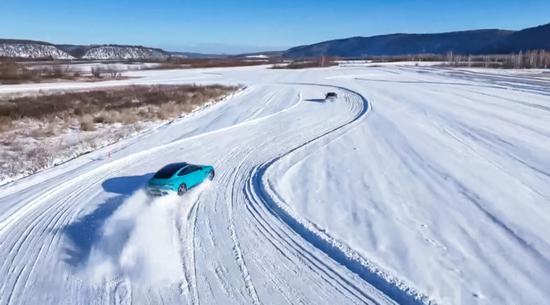
Two cars seen undergoing cold-weather testing in Mohe, Heilongjiang province. (Photo/China Daily)
As temperatures drop to — 30 C in Mohe, Heilongjiang province, a group of engineers from across the country have arrived at the nation's most northerly city to conduct tests of automobiles in frigid conditions.
The engineers are braving the extreme cold to conduct comprehensive evaluations of vehicle performance in high-latitude environments, and are driving the development of the ice and snow economy as well as the new energy industry.
At the Mohe Honghe Valley Frigid Car Testing Base, vehicles are racing freely, stirring up bursts of snow, adding a touch of speed and passion to the magnificent northern scenery, as the engineers dedicate themselves to cold-weather tests of automobiles.
During the 2023-24 testing season, over 170 cooperating enterprises had settled in at the base. In preparation for the new testing season, the base is continuing to improve its support services.
"We have built a new 13.33-hectare testing ground and equipped it with European-standard charging stations," said Ma Xiangdong, the customer manager of the base.
"We are also preparing to install a 960-kilowatt supercharger to provide faster and more efficient charging, striving to offer the highest quality service to more automotive companies and component manufacturers," Ma said.
"So far, only Mohe can meet the temperature requirements we need," said Yu Meiling, a development engineer from Xiaomi Auto. "They provide excellent workshop services, the debugging of charging stations and the professional testing grounds for us to conduct low-temperature performance testing."
Mohe is known as the "Arctic of China" and the "City of Extreme Cold", with an ice and snow period lasting over 240 days each year.
Its lowest recorded temperature was — 53 C, maintaining the record for the lowest temperature reading in China's meteorological history.
The prolonged cold, ice and snow environment from late October to April of the following year provides an extended validation period and excellent testing environment for vehicle power, endurance and performance.
Since late October, over 200 engineers from companies such as Geely, BYD and NIO, along with over 100 vehicles, have gradually arrived in Mohe to begin testing, heralding the start of a new testing season in the city.
As early as mid-October, 23 engineers and staff members from BYD, along with 17 test vehicles, arrived in Mohe to kick off a new round of cold-weather tests.
"We chose Mohe for winter testing because its natural environment can simulate extreme low-temperature conditions, which are crucial for verifying the performance of our vehicles in cold environments," according to the head of its testing team.
"In addition, the local government has provided us with a lot of help and support. They have actively improved the testing environment, such as snow clearing on roads, which is of great significance for the safe transportation and operation of our test vehicles."
In recent years, Mohe has comprehensively promoted the cold-weather testing industry and established the Mohe City Cold Region Testing Service Center, attracting multiple testing companies to settle in the city.
"This winter, in addition to the existing 40 plus testing roads, we have constructed new special seasonal testing roads for special vehicles and durable roads in forest areas, providing more professional and diversified testing environments for automotive companies," said Wang Dongling, director of the city's industry and information technology bureau. "Meanwhile, we will continue to ensure the security of cold-weather testing services, contributing our share of strength from Mohe to the development of our country's new energy vehicle industry."
So far, the cold-weather testing industry in Mohe is flourishing, with six testing enterprises in operation.
Projects for testing aircraft, automobiles, electric power, new materials, and more in cold-weather conditions are steadily progressing with over 1,200 test vehicles and a total of 23,000 pieces of testing categories, including new materials, electronic components, vehicle clothing and films, undergoing tests in the city every year.








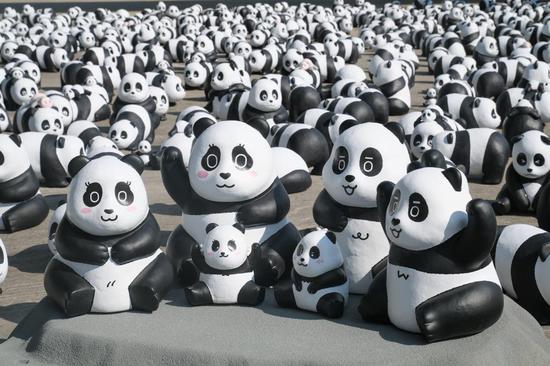

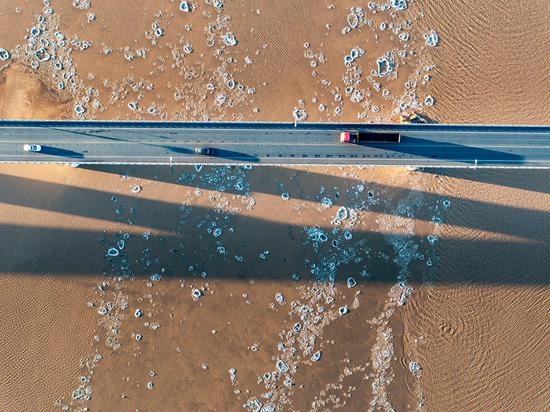

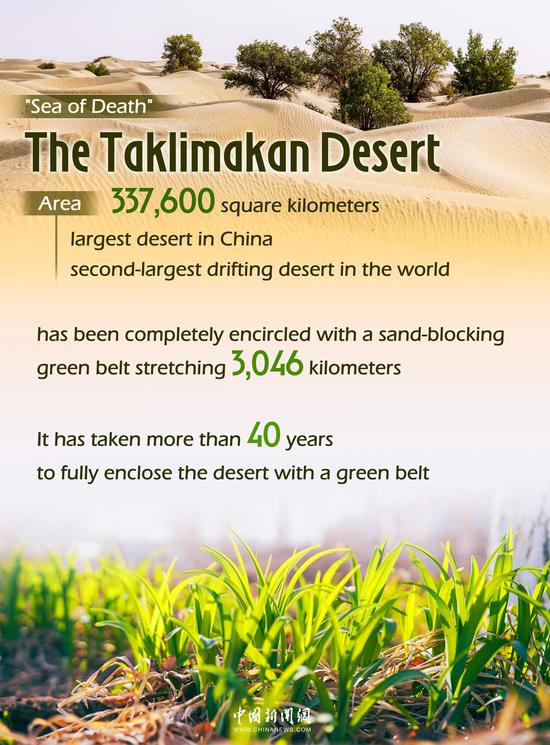
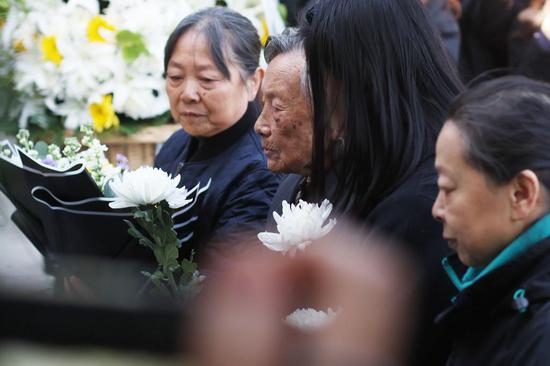

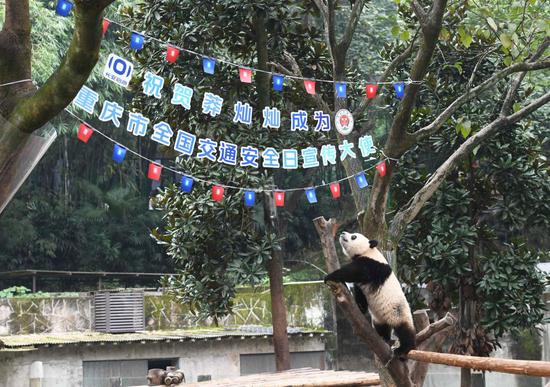
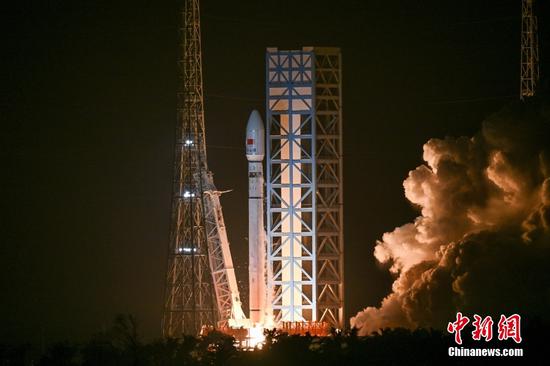

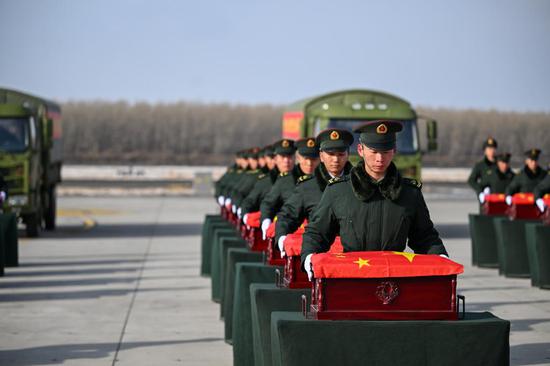


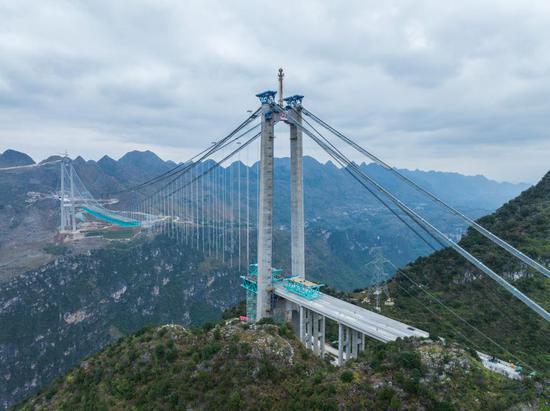

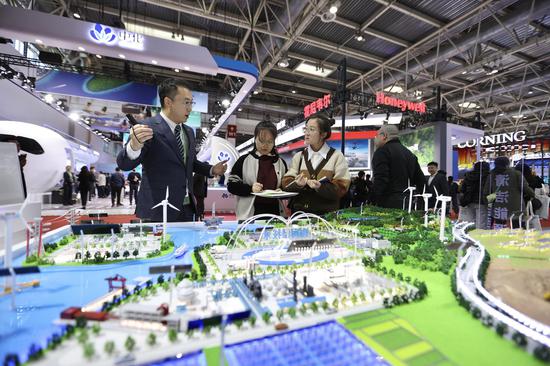
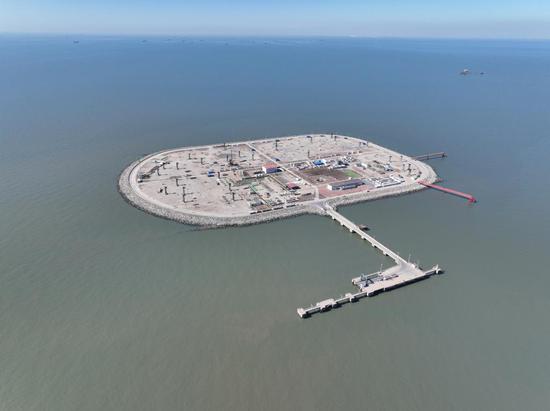

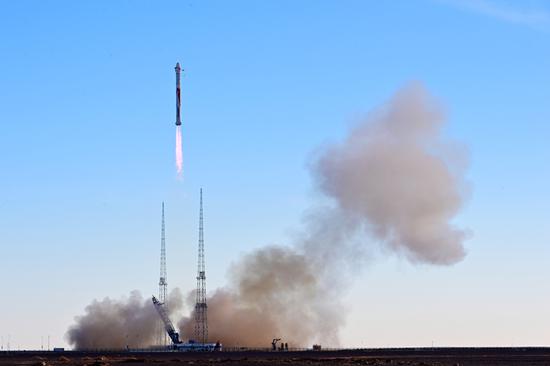
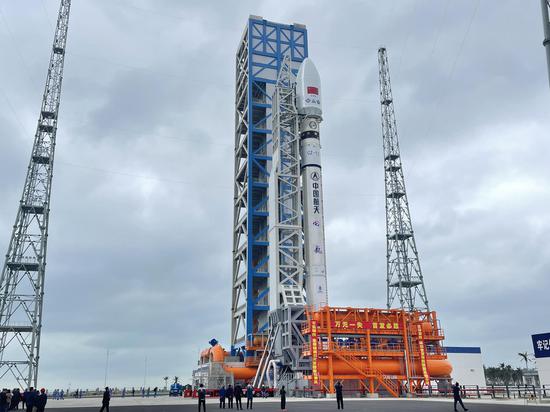
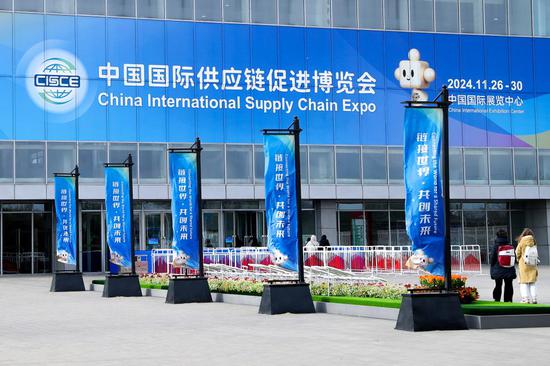
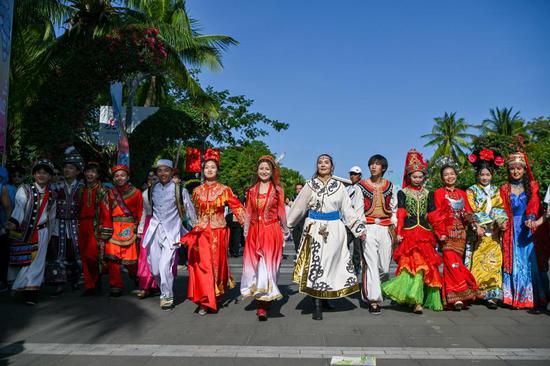
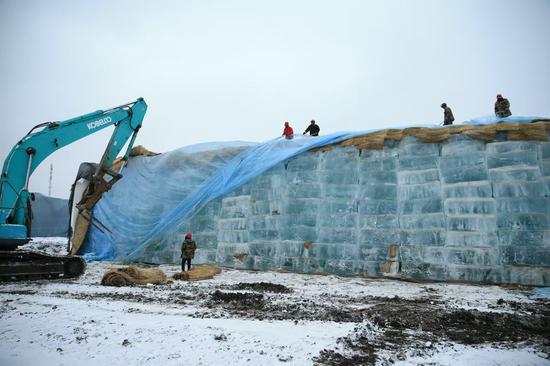
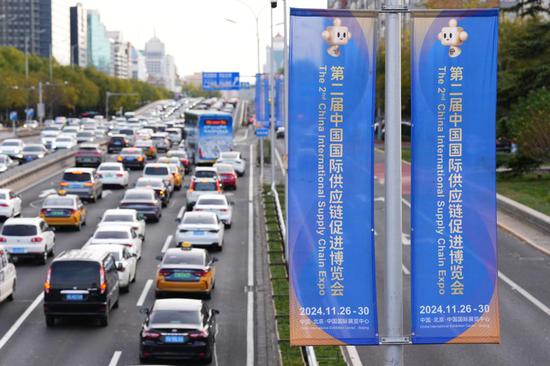
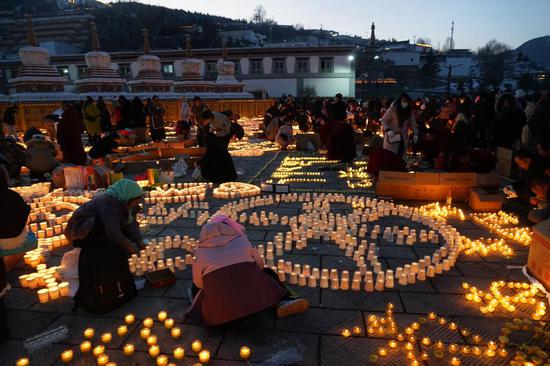
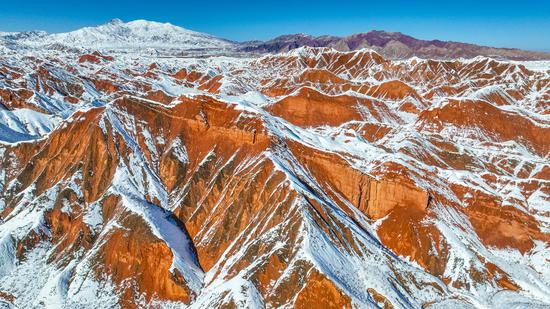
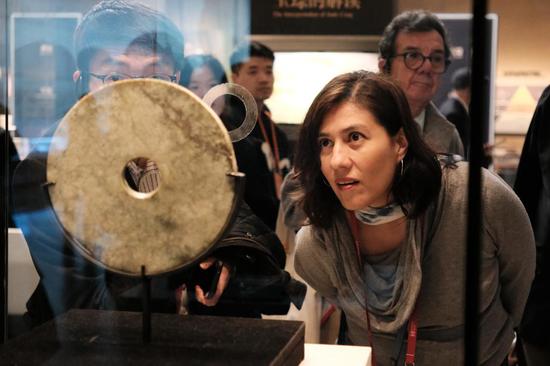
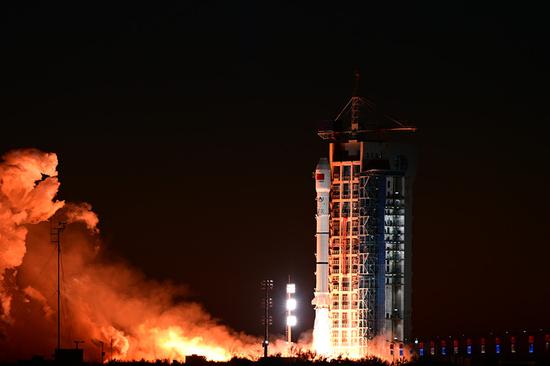

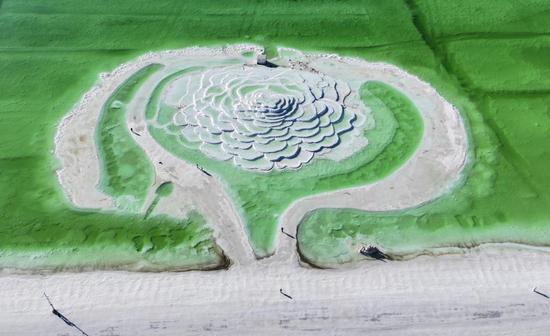
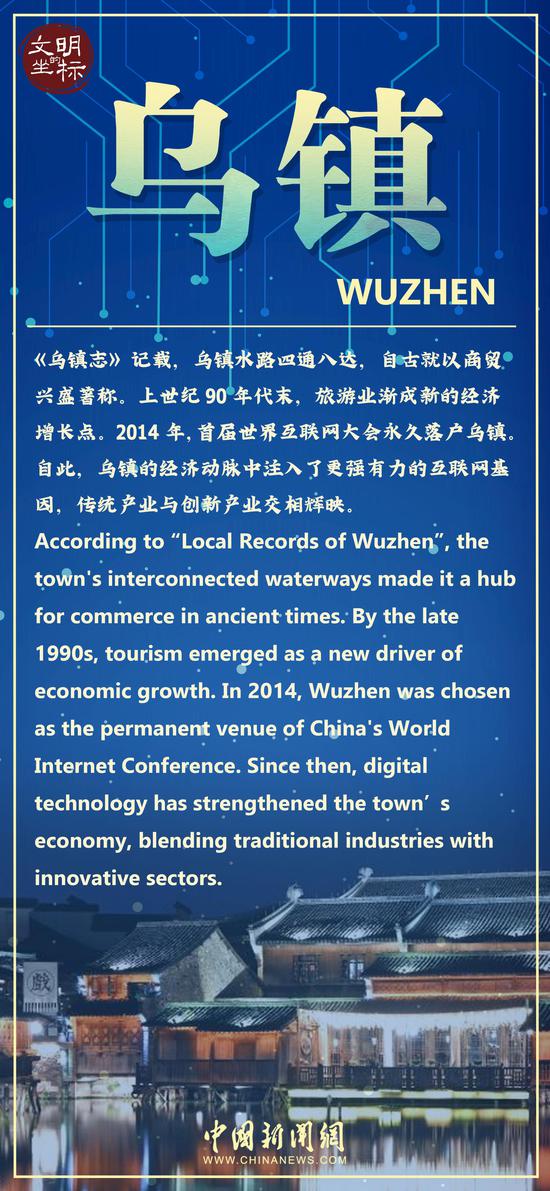

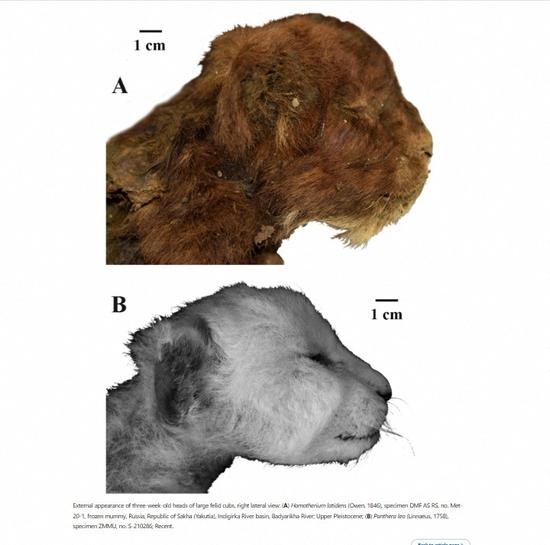
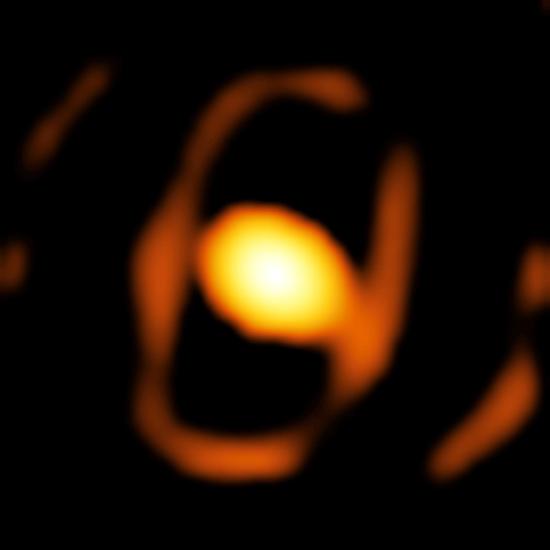
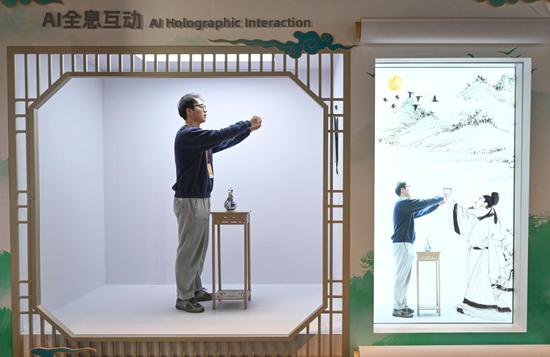
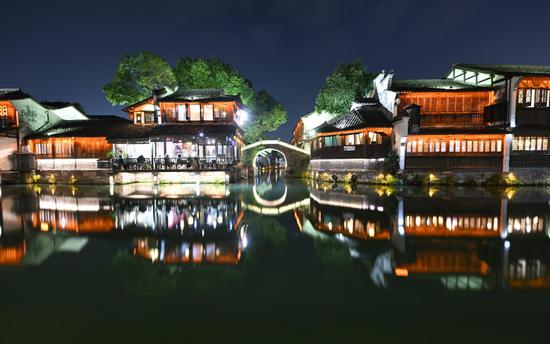
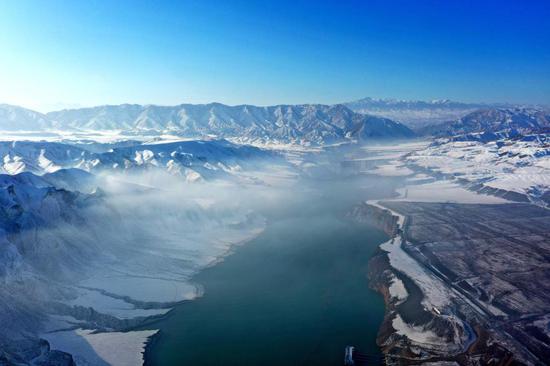



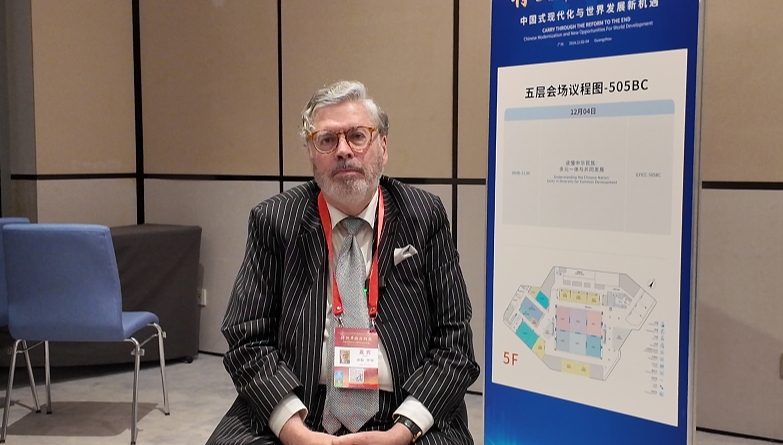

 京公网安备 11010202009201号
京公网安备 11010202009201号